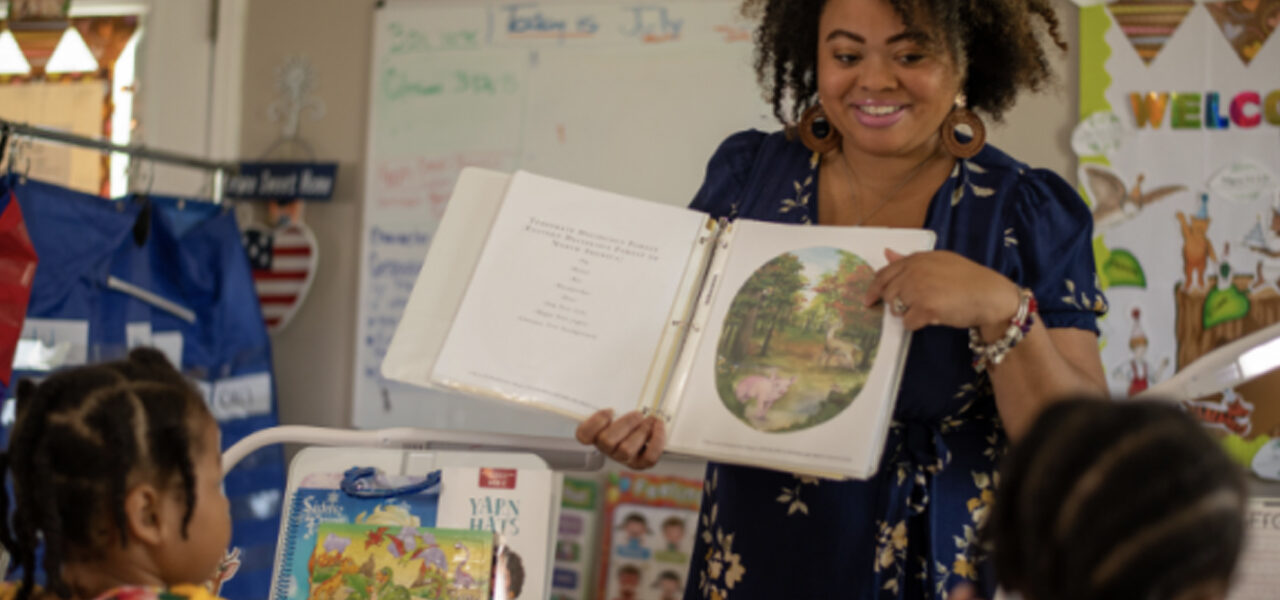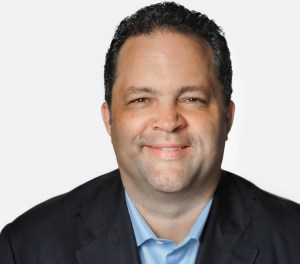By Nicole S. Daniel | The Birmingham Times
When it came to homeschooling her three children, Tegan Frazier of Montgomery, Alabama, wanted to make sure they got the attention they needed as opposed to being in a classroom with 20 or more other students.
Erica Kelly of Birmingham decided to homeschool her two school-age children because she was missing most of their academic achievement ceremonies and parent teacher conferences due to her work schedule. She also wanted to make sure they were getting healthier food options.
With the fall semester set to begin in many school districts this month, Frazier and Kelly are among a growing number of African American parents that have chosen to educate their children in the home and not in schools.
“I believe public and private schools help children learn and grow, but those environments are not best suited for my children’s growth,” said Frazier, who believes homeschooling affords her and her husband the ability to guide their children’s learning and experiences.
“We are able to provide our children a variety of experiences—such as traveling [and] character building based on the Bible—that would not be possible in most regular school environments,” she said. “We are able to guide who our children interact with. Additionally, we are able to meet their individual educational and social needs, and we can slow down or speed up based on each child.”
According to a report from the Pioneer Institute, a public policy research group, “Homeschooling is a viable alternative for the many students and their families who wish to opt out of traditional public schools [because it allows for] parental choice and [supports] the conviction that parents are best equipped to make the educational decisions that affect their children.”
Frazier said she and her husband, Iran Frazier, a military veteran who was awarded a Purple Heart, can impart their values and beliefs to their family.
“I believe what the Bible says: ‘Train up [children] in the way [they] should go,’” she said.
A Beginning
Last month, Frazier attended the second annual Black Homeschoolers of Birmingham (BHOB) Summit held at Perfecting Reconciliation Church International in Bessemer, Alabama. Prior to attending the event, she researched the lineup of speakers.
Frazier described every speaker as a true professional with credentials and beneficial information to share with attendees. She also learned about curriculums for homeschoolers and the different types of learning styles available for herself and her children.
BHOB, co-founded by Yalonda Chandler and Jennifer Duckworth, is a community of homeschool families with a “vision … to create a safe place for black and brown children to learn, play, and grow,” according to the group’s website. About 150 families are part of BHOB, with about 50 active.
Duckworth has been homeschooling her three children for the past seven years.
“About four years ago my neighbors [in Vestavia Hills, Alabama, saw my husband, Jeremy Duckworth, and I] homeschooling our children and asked if I could teach their child,” she said, “At the time, the child was having challenges in kindergarten, [and] I said, ‘Sure.’”
Duckworth took that student from not passing to becoming the most improved student of her class. She figured if she could do that for one student, she could help others. That’s when she founded Neighbor Foundations, in October 2019, which became a precursor to BHOB.
Chandler was displeased with how her children were treated in a school system outside of Birmingham, so she posted on the Black Homeschoolers of Alabama Facebook site. She introduced herself and her children with a flyer she created to invite Black and brown moms to an outing at the Explore Playground and Splashpad in Hoover, Alabama, where she would distribute cupcakes. About six families showed up, and that became the beginning of the BHOB.
After that initial outing, Chandler created a Facebook Messenger group called Birmingham Area Homeschool Moms.
“I didn’t realize I was creating a group,” she said, “I just wanted us to exchange numbers do to play dates and just get together.”
Chandler met Duckworth met at gatherings and gravitated toward each other. Eventually, they teamed up to form the BHOB.
“Yolanda and I put a conference on last year, and we had light attendance,” Duckworth said. “We had it at a local library, and we were grateful. We learned from our mistakes and made adjustments. For this year’s conference, I was amazed but not surprised.”
Prior to finding the BHOB, Kelly was about to give up and re-enroll her children in public school. She felt isolated because her family didn’t support her decision to homeschool the kids and she lacked community. Kelly described the 2022 BHOB Summit as informative and inspirational.
“I found the BHOB on Facebook,” she said. “When I first joined the group, I was very quiet. … I just sat back and watched all of the interactions among the homeschoolers. I missed so many events because I was a little nervous, but I finally made it [to an] event they held at a park, and I’m so happy I went.”
Finding a “Niche”
Last fall, Kelly, 28, withdrew her two children—JeQuayla, 12, and Jaylen, 10—from public school to homeschool them. “I didn’t know what I was doing, but I learned that it was a process,” she said. “I had to find my niche and figure out what worked for my children and me.”
Kelly removed her children from public school due to work conflicts, as well as the lack of nutritional food provided to students during the school day: “Public schools just don’t serve healthy meals,” she said. “I want to be in control of what my children are being exposed to, and I want to spend more time with them.”
Kelly describes the transition from public school to homeschool difficult in the beginning. JeQuayla transitioned well because she had been attending school virtually from home prior to being homeschooled. Jaylen, however, is more of a hands-on learner, and he is very active.
“It was very tough keeping [Jaylen] focused,” said Kelly, who realized that she was trying to homeschool her children using the public school model, which wasn’t working.
The public school teaching style defeated the purpose of withdrawing the children—Kelly wanted them to be comfortable while learning and not feel pressured.
Enter the 2022 BHOB Summit.
“I started the day [of the event] feeling tired and would have rather been in bed, but I sat in different sessions and told myself, ‘I was meant to be here,” Kelly said.
She left the Summit filled with so much new knowledge that she could implement at home with her children as it relates to teaching styles and activities outside of her home.
When Frazier traveled to Bessemer from Montgomery for the BHOB Summit, she figured it was not going to be a waste of my time: “I [knew] it would be very beneficial for me, and it did not disappoint,” she said.
By being part of a homeschool community, Frazier gains access to and knowledge about resources, such as grants, scholarships, and online opportunities for homeschoolers.
“Events like [the 2022 BHOB Summit] give families opportunities to learn and gain experience from other mothers, as well as interact with other homeschoolers who can push you to learn more,” she said.
Meeting Needs
Frazier, 37, has homeschooled her 6-year-old twins, Israel and Isabella, and 3-year-old daughter, Iliana, for three years. At home, she’s able to isolate their respective needs and focus on assisting each one directly. She says all three have different learning styles, and she’s able to meet each of those needs. She teaches her children at a pace that works for the entire household while meeting the physical and mental needs of the family.
Another homeschooling plus for Frazier: She and her children get out of the house to learn about and explore nature.
“We attend events at the library, lunches, field trips to various places, museums, and nature adventures to expand their intellect,” she said, adding that having the BHOB is crucial for families like hers.
“It’s essential for me to have a community of homeschoolers [because] we don’t have a lot of family here,” said Frazier. “People think family is just your blood, but to me family is who is a part of your tribe. The BHOB is part of our tribe.
“For the kids, having a community allows them to be around other children, to build friendships with other children that are being homeschooled,” she added. “The journey of learning never ends.”
This article originally appeared in The Birmingham Times.
The post Why Homeschooling Continues a Viable Option for Many Black Families in Alabama appeared first on NNPA Education Public Awareness Program.











